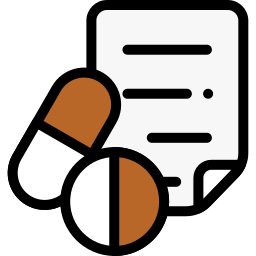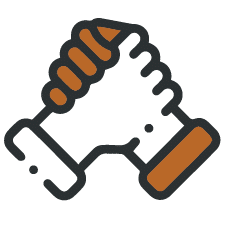According to SAMHSA’s 2023 National Survey on Drug Use and Health, about 20.4 million adults in the U.S. are living with co-occurring disorders, meaning they face both a mental health condition and a substance use disorder (SUD) simultaneously.
When these conditions occur together, they can intensify each other, making recovery more challenging. That’s why understanding these complex disorders—and exploring the right treatment options—is essential for a successful and lasting recovery.








